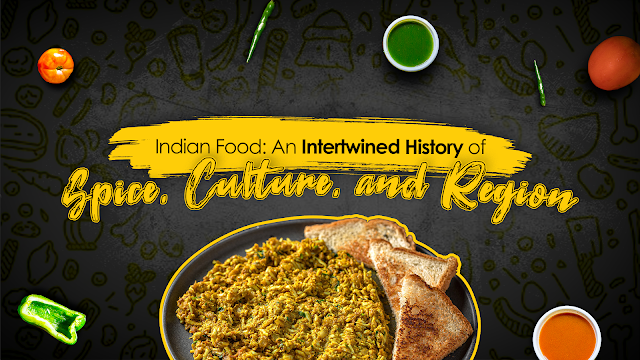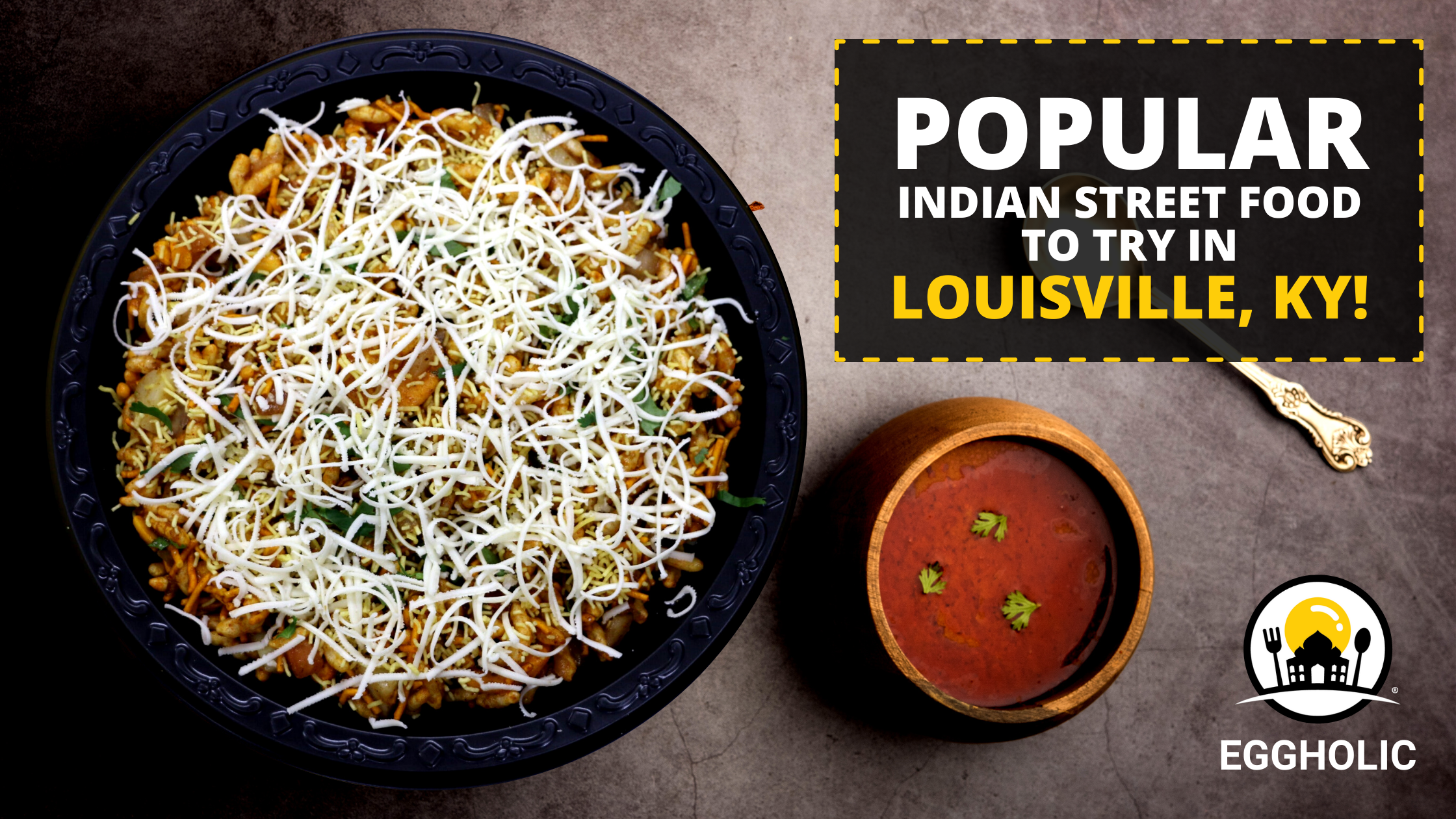Indian Food: An Intertwined History of Spice, Culture, and Region
India is renowned for its exceptional food culture, which is attributed to the vast range of spices and fresh ingredients used throughout the country, leading to a distinctive diversity of flavors. The preparation and composition of Indian dishes offer an endless array of options, making them some of the most delicious foods on the planet.
To truly appreciate Indian cuisine, it is important to acknowledge the significant variations between regions and the historical factors that contributed to these differences. Although history might not seem relevant to someone solely interested in savoring tasty food, a deeper understanding of a culture's past is vital in comprehending the flavors of a country.
International studies demonstrate that history, cultural development, and religion play critical roles in shaping the experience of a country's cuisine. In India, the dissimilarities in regional development have produced fascinating disparities in culinary tendencies, making it a prime example of how history shapes contemporary culinary experiences.
Indian cuisine has evolved over thousands of years and has been influenced by external factors such as Persian and Chinese cuisines. The country's efficient trading networks have allowed easy access to almost any spice, including chili, cinnamon, and mustard, resulting in the creation of various masala blends, which in turn led to the formation of diverse curry dishes. Moreover, India's aversion to alcohol has spurred the cultivation of various juices and hot drinks, such as chai, which further enhances the country's culinary offerings.
EggHolic is an Indian restaurant that brings authentic Indian food to the US. With a focus on egg-based dishes, the restaurant offers a unique and flavorful dining experience. EggHolic prides itself on using traditional Indian ingredients and spices to create classic dishes such as egg curry, egg biryani, and egg masala.
The restaurant also caters to those with dietary restrictions by offering vegetarian and gluten-free options. With a welcoming atmosphere and friendly staff, EggHolic aims to provide customers with a taste of India's rich culinary heritage.
Whether you're a fan of Indian cuisine or looking to explore new flavors, EggHolic's menu is sure to satisfy you. From the bold and spicy flavors of the south to the rich and creamy dishes of the north, EggHolic offers a diverse range of options that showcase the best of Indian cuisine. Come and experience the taste of India at EggHolic.
Today with EggHolic let's explore the flavourful and rich history of Indian food
A look at Indian food's history
Learning the history of Indian food can be a fascinating journey that spans thousands of years and reflects the country's diverse cultural and regional influences. Here are some key highlights of the history of Indian food:
Ancient India:
The ancient Indian civilization had a rich tradition of agriculture and the domestication of animals, which formed the basis of the Indian diet. The Vedas, a collection of ancient Hindu scriptures, mention the use of spices and herbs in cooking.
Islamic Influences:
In the 12th century, Muslim rulers established their kingdoms in northern India, bringing with them their cuisine and culinary traditions. This led to the emergence of Mughlai cuisine, which is characterized by the use of rich, creamy sauces and aromatic spices.
Colonialism:
The arrival of the Portuguese, Dutch, and British in India led to the introduction of new ingredients and cooking techniques. For example, the British introduced tea cultivation, and Indian tea became a popular beverage.
Independence and Modern India:
After India gained independence from British rule in 1947, there was a renewed interest in traditional Indian cuisine, with a focus on regional dishes and the use of local ingredients.
Globalization:
In recent decades, Indian cuisine has become increasingly popular around the world, with Indian restaurants and food products available in many countries.
Overall, the history of Indian food is a reflection of the country's diverse cultural and regional influences, as well as its changing political and economic landscape. Learning about the history of Indian food can provide insights into the country's rich culinary traditions and the ways in which food has shaped Indian culture over the centuries.
Conclusion,
In conclusion, Indian food is more than just a delicious cuisine; it is a reflection of the country's rich history, culture, and regional diversity. From the early influences of Persian and Chinese cuisines to the evolution of spice blends and the cultivation of unique ingredients, Indian food has been shaped by centuries of cultural exchange and innovation.
Moreover, the differences in how regions have developed in India have led to fascinating variations in culinary tendencies from one place to the next. By understanding the historical and cultural factors that have influenced Indian cuisine, we can truly appreciate the flavors and traditions that make it so unique.
Indian food is a testament to the country's rich cultural heritage and a celebration of its regional diversity. Whether it's the fiery curries of the south or the creamy dishes of the north, Indian cuisine continues to entice and delight food lovers around the world. It is an intertwined history of spice, culture, and region that has left a lasting impression on the world's culinary landscape.
Want to know more about Indian food and try out the yummiest authentic Indian dishes then head over to the EggHolic website and try out the platters rights from the comfort of your house. EggHolic also provides you with catering services to have flavourful rich food be served at your next party.



Comments
Post a Comment